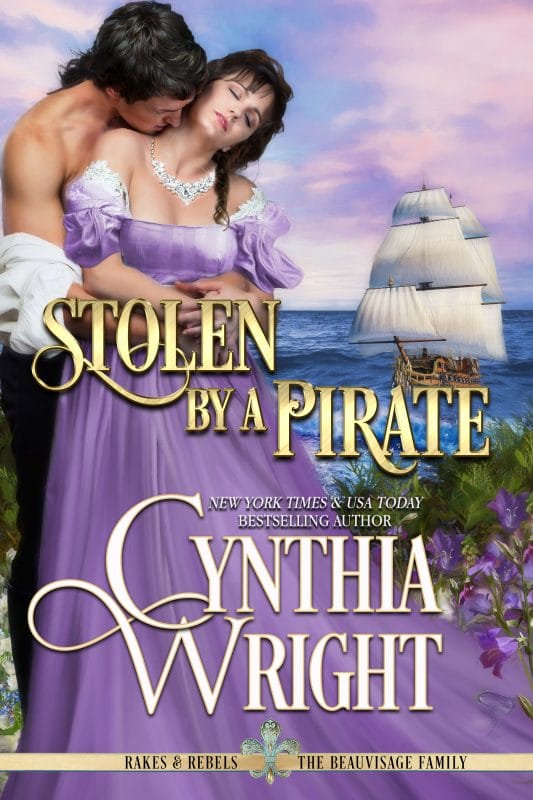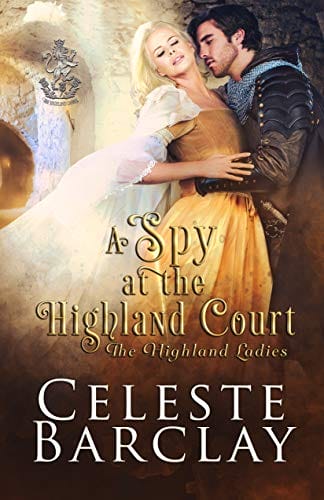
We’ve now come to the point in the process that can be the scariest for many authors: sharing the book that they’ve been toiling on for so long with actual other human beings. For some, this will just be a back and forth with their editor. For others, as we talked about briefly last week, it will also include sending the book out to some trusted beta readers for feedback.
Authors might not be the only ones nervous about this task, however. Those of you who have been asked to beta read are undoubtedly a little nervous, too, especially if you’ve never done it before…and especially if you’re not exactly a fan of the genre at hand.
At the beginning of all of this, we had a reader ask
I was asked to be a beta reader by a friend. How can I be a good beta reader for them, even if I might not be into the genre they’re writing?
And to look at the answers our lovely panel of authors gave us, you’ll see that there isn’t really one cut-and-dry answer.
If you ask Jill Barnett, she’ll tell you
If you do not understand the industry, the type of novel, what is involved in writing a book, and that book in particular, then don’t screw it up for your friend. Stay out of it.
And we do think that’s a fair position to take, if you don’t know what you’re doing and you’re not going into it with a positive view of things. If you don’t think you can park your assumptions of the genre at the door and don’t feel you can be productively constructive and at least somewhat positive for your friend, it’s probably for the best that you tell them thank you, but that you don’t think you’re the right person for the job. Be honest with them. It’s much better to tell them the truth than to lie and make them think there’s some other worse reason why you can’t do it.
As Willa Blair adds,
If you hate the genre, refuse the honor. Otherwise, read and note the small things we all catch – missing word, wrong word, misspellings, etc., and anything in the plot that seems “off” to you. Plot holes. Too-stupid-to-live actions OR thoughts by hero and heroine, obvious red-herrings, etc.
If you feel like you can put your biases away, and can be positive, you can probably still be helpful to your friend in the ways Willa mentions, as well as others. We just recommend you, once again, be as honest as possible with your friend and let them know what to expect from your feedback, if you choose to give it.
It would also be good to ask them if they have anything in particular that they want feedback on. That way, even if you feel lost in the genre, you have some guideposts to keep you on track.
Kari Lee Harmon adds
Let them know if you’re confused about something or if something is too easy to figure out. If you’re bored because the pace is too slow or can’t process what’s going on because the pace is lightning fast. If you like or dislike a character and why. If you find setting and character descriptions fascinating or if a certain area gets bogged down by too many details. If something is surprising, funny, moving, etc. Basically, your overall impression is helpful no matter what genre you enjoy.
If you’re open to wanting to help, you will likely be able to. Try your best to enjoy the book without focusing too much on what genre it is. You might even find that you enjoy it a lot more than you expected to. Not all books in a genre are the same by any means, and this might be the book to help you realize that fact.
As Jaclyn Reding says:
It’s always a good idea to delve outside of the genre you are writing and reading, to broaden your scope as an editor and writer.
And if that’s what happens, we encourage you to lean into it. Ask questions. Find out what authors they like to read and give them a shot. You may unlock a whole new level of your relationship that you’d never expected. At the very least, this writer in your life will love to have someone who is genuinely listening to them and validating them. That’s just as important to a writer as any other kind of support you can give them. Your validation helps them know someone is listening and helps them feel brave enough to keep coming back to that blank page and to write more.
Which brings us to one last point that we wanted to return to. We’ve mentioned positivity several times, and though it might have seemed redundant, it was for good reason. As with the last thing we said, writers are just like any other human. They are not born with a button that makes them impervious to the pains of criticism. Of course, we do not, by any means, suggest you just feed their ego and leave the issues you see unmentioned. That’ll make it all the harder for them once the public gets a hold of it. What we do suggest is being as kind as you know how to be. If you see a plot hole or you hate a character, don’t say it so bluntly as that. Try telling them something you appreciate about the thing and then pose a question that will help them see where they can improve upon the thing. And make sure to comment on all of the things you love about the book, even the smallest of things. It’s so easy to sit down and expect that they want to only hear the problems they need to fix, but take a step back and imagine what it might feel like if you received only issues and complaints about something you’d worked hard on. They don’t need you to sit down and put your business face on. They need their friend and they need your help, so give them just that.

New York Times Bestselling Author Jill Barnett is a master storyteller known for her beautifully-written love stories rich with humor, emotion, and poignancy. In addition to the critical acclaim and numerous awards she has received, her books have been named Best of the Year, earned starred reviews and have been published in 23 languages and appeared on numerous bestseller lists. She lives in the PNW with her family.

Kari Lee Townsend is a National Bestselling Author of mysteries & a tween superhero series. She also writes romance and women’s fiction as Kari Lee Harmon. With a background in English education, she’s now a full-time writer, wife to her own superhero, mom of three sons, one darling diva, one daughter-in-law & two lovable fur babies. These days you’ll find her walking her dogs or hard at work on her next story, living a blessed life.
 Willa Blair is an award-wining Amazon and Barnes & Noble #1 bestselling author of Scottish historical, light paranormal and contemporary romance filled with men in kilts, psi talents, and plenty of spice. Her books have won numerous accolades, including the Marlene, the Merritt, National Readers’ Choice Award Finalist, Reader’s Crown finalist, InD’Tale Magazine’s RONE Award Honorable Mention, and NightOwl Reviews Top Picks. She loves scouting new settings for books, and thinks being an author is the best job she’s ever had.
Willa Blair is an award-wining Amazon and Barnes & Noble #1 bestselling author of Scottish historical, light paranormal and contemporary romance filled with men in kilts, psi talents, and plenty of spice. Her books have won numerous accolades, including the Marlene, the Merritt, National Readers’ Choice Award Finalist, Reader’s Crown finalist, InD’Tale Magazine’s RONE Award Honorable Mention, and NightOwl Reviews Top Picks. She loves scouting new settings for books, and thinks being an author is the best job she’s ever had.

Jaclyn Reding’s award-winning, bestselling historical and contemporary romance novels have been translated into nearly a dozen languages. A National Readers’ Choice Awards finalist, and Romance Writers of America RITA Award nominee, she is the proud, proud mom of two grown sons, and willing minion to an elderly cairn terrier and a tuxedo cat. Home is with her family in New England, in an antique farmhouse that she suspects is held together purely by old wallpaper and cobwebs. A lifelong equestrian, she spends her free time in the saddle, going over plotlines and character arcs with her confidant and toughest critic, a very opinionated retired racehorse named Brunello.





